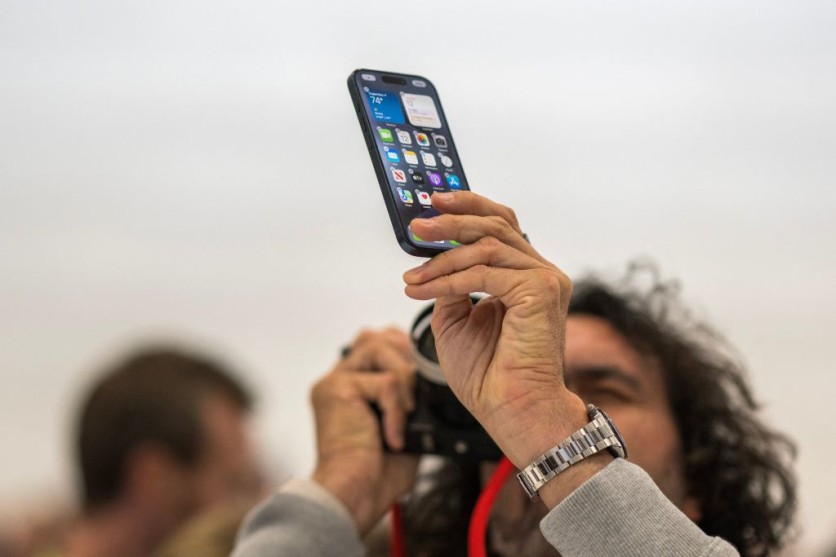Apple strongly recommends the immediate installation of iOS 17.0.1 and iPadOS 17.0.1, as well as watchOS 10.0.1, primarily for security enhancements.

Apple Urges Immediate Installation of Latest iOS Update in Devices
According to Phone Arena, Apple is responding to reported concerns regarding three vulnerabilities on iOS and iPadOS that are potentially susceptible to exploitation in prior iterations of these operating systems.
This crucial update extends to a range of devices, encompassing the iPhone XS and later, iPad Pro (2nd generation and onwards), iPad Pro (10.5-inch), iPad Pro (1st generation and onwards), iPad Air (3rd generation and onwards), iPad (6th generation and onwards), and iPad mini (5th generation and onwards).
To obtain these crucial security enhancements, navigate to your device's Settings, then go to General, and finally, Software Updates. It is essential to ensure that the iOS 17 Beta setting is deactivated, which can be found at the top of the Software Updates page under the Automatic Updates section.
Kernel
Among the recent updates, 9To5Mac reported one specifically addresses a critical vulnerability within the Kernel, the core program responsible for governing all aspects of the operating system.
This particular flaw could empower a local attacker to escalate their privileges. Notably, Apple has acknowledged a report suggesting that this vulnerability might have been actively exploited in earlier iOS versions predating iOS 16.7.
Apple has effectively resolved this issue by implementing enhanced security checks. This vulnerability is formally identified as CVE 2023-41992 and was reported by Bill Marczak from The Citizen Lab at The University of Toronto's Munk School and Maddie Stone, a member of Google's Threat Analysis Group.
Common Vulnerabilities and Exposures (CVE) is a standardized system for categorizing, identifying, and openly disseminating information regarding cybersecurity vulnerabilities.
Security
The subsequent update confronts a security challenge concerning the potential for a malicious application to circumvent signature validation. Once more, Apple has taken note of a report indicating that this vulnerability might have been actively exploited in versions of iOS released before iOS 16.7.
The flaw was rectified by addressing a certificate validation issue. Marczak and Stone also detected this particular vulnerability. It has been assigned the CVE-2023-41991 identifier.
WebKit
The final update pertains to the WebKit browser engine, which plays a pivotal role in rendering web content. Forbes reported that this update becomes crucial as it tackles a vulnerability that, when exploited, could empower an attacker to execute arbitrary commands or code on a targeted device.
Similar to the previously discussed vulnerabilities, Apple has acknowledged the possibility that this issue may have been actively exploited in iOS versions preceding iOS 16.7.
Apple has enhanced its security measures and checks to mitigate this vulnerability, effectively ending the issue identified as CVE-2023-41993. Again, credit goes to Marczak and Stone for their diligence in uncovering this flaw.
Apple Watch reportedly has the same Kernel and Security flaws, so you should install watchOS 10.0.1 by going to the Watch app on your iPhone and tapping General before clicking the Software Updates.
Related Article : Apple Clock New Feature: iOS 17 Update Allows App to Run Multiple Timers at the Same Time





